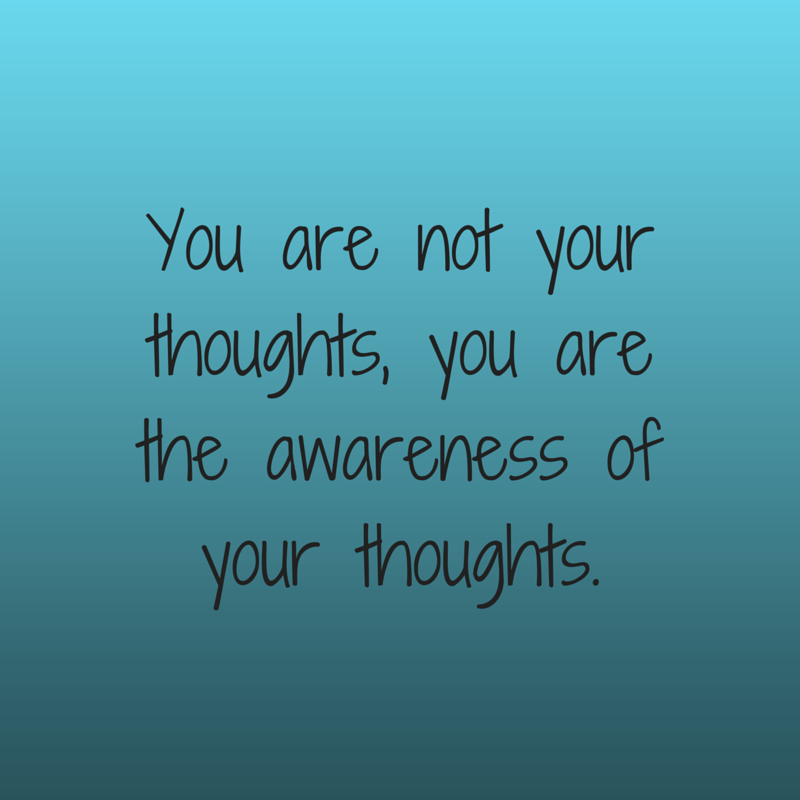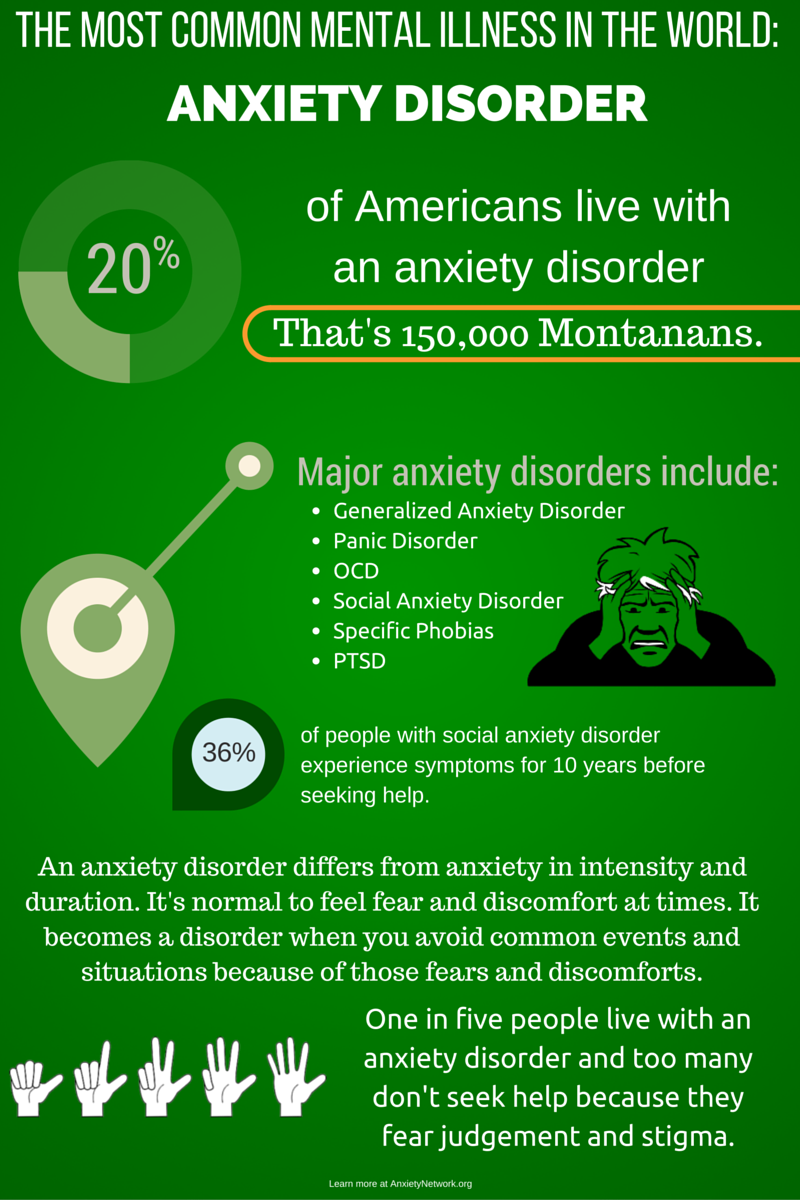
Awareness Network Blog
Thursday, December 3, 2015
Wednesday, December 2, 2015
Everyone in the #NoStigma movement should be celebrating Haynes
RT @upvoted: A new study may show how anxiety affects social status https://t.co/r6ykmT0zCq pic.twitter.com/PJeBNuFdQw
— Colton Haynes (@ColtonLHaynes) December 2, 2015For those of you who are suffering with intense anxiety...ur not alone. It's been a constant struggle for me since 5th grade. It's a battle
— Colton Haynes (@ColtonLHaynes) December 2, 2015Anxiety had put me in the hospital a countless amount of times. Whether it be fainting, hyperventilating, or seizures...I've been through it
— Colton Haynes (@ColtonLHaynes) December 2, 2015Just know ur not alone & it affects more ppl than you would ever know. We can overcome this. We can fight thru it & will
— Colton Haynes (@ColtonLHaynes) December 2, 2015I've quite jobs because of anxiety, flaked on social events, family gatherings, birthdays, important movie/work tests. Its a serious problem
— Colton Haynes (@ColtonLHaynes) December 2, 2015Love those suffering. Anxiety has caused me to be extremely agoraphobic & livin in constant fear of leavin my house at times. Ur not alone.
— Colton Haynes (@ColtonLHaynes) December 2, 2015Our Favorite Tweet from the Haynes Twitter Essay
Be there for those who struggle with anxiety & realize its a serious disorder. Its not a case of "being dramatic"...its a life long struggle
— Colton Haynes (@ColtonLHaynes) December 2, 2015Colton Haynes Writes Twitter Essay About Life-Long Battle With 'Intense Anxiety'
Colton Haynes has a message of solidarity for the millions of Americans suffering and struggling with anxiety disorders.
The Arrow star got serious when he took to Twitter to share a personal story about his own struggle with crippling anxiety.
The candid Twitter essay began when the 27-year-old actor tweeted a link to an article on Upvoted.com titled "Scientists Show How Anxiety May Affect Social Status."
After sharing the link, Haynes tweeted, "For those of you who are suffering with intense anxiety...ur not alone."
According to the Anxiety and Depression Association of America, 40 million adults in America -- which is around 20 percent of the population -- suffer from anxiety disorders.
"It's been a constant struggle for me since fifth grade," Haynes continued. "It's a battle"
"Anxiety had put me in the hospital a countless amount of times. Whether it be fainting, hyperventilating, or seizures...I've been through it," the actor continued in a series of tweets. "Just know ur not alone and it affects more ppl than you would ever know. We can overcome this. We can fight thru it and will."
Outside of the medical effects Haynes has suffered due to his anxiety issues, the actor also revealed that his career and his personal life have been hurt as well.
"I've quit jobs because of anxiety, flaked on social events, family gatherings, birthdays, important movie/work tests," he shared. "Its a serious problem."
Haynes concluded with a plea for support and understanding from those who are fortunate enough to not have to deal with the same sort of problems.
"Be there for those who struggle with anxiety & realize its a serious disorder. Its not a case of 'being dramatic.' It's a life long struggle," Haynes wrote. "Love those suffering. Anxiety has caused me to be extremely agoraphobic & livin in constant fear of leavin my house at times. Ur not alone."
Read the entire Twitter Essay here.
Tuesday, December 1, 2015
Monday, November 30, 2015
Morning Anxiety
My anxiety tends to be worse in the morning, especially when I’m going through rough patches. I started looking in to this a bit and came across a great post by Anxious No More – another blog about dealing with “extreme anxiety, panic attacks and daily stress.”
According to this blog, which did plenty of research, your morning anxiety can likely be attributed to three things: cortisol, blood sugar, and mood – of course. For me, part of the reason I have so much anxiety in the morning is because I’m anxious about being anxious and don’t feel like starting my day.
I’m going to focus more on cortisol and blood sugar.
Cortisol is called the “stress hormone” and until today, I honestly hadn’t heard of it – I don’t think.
According to Psychology Today, “Scientists have known for years that elevated cortisol levels: interfere with learning and memory, lower immune function and bone density, increase weight gain, blood pressure, cholesterol, heart disease… The list goes on and on.
Chronic stress and elevated cortisol levels also increase risk for depression, mental illness, and lower life expectancy.”
Furthermore, “Cortisol is released in response to fear or stress by the adrenal glands as part of the fight-or-flight mechanism. “ Anyone that deals with anxiety and panic disorder knows that it can be a nasty cycle. More fear creates more fear. It’s unpleasant to say the least. Apparently cortisol hits its peak in the morning.
Ways to lower cortisol include 20-30 minutes of exercise most days of weak; meditation and mindfulness; socializing (“ Make an effort to spend real face-to-face time with loved ones whenever you can, but phone calls and even Facebook can reduce cortisol if they foster a feeling of genuine connectivity.”); laughing; and music. I strongly encourage you to readPsychology Today’s write-up of cortisol.
Now let’s talk blood sugar. According to Deanne Repich’s Understanding Early Morning Anxiety (thanks again, Anxious No More),:
It’s important to maintain a constant blood sugar level because the brain uses sugar, also known as glucose, as its fuel. If blood sugar levels are too low or drop too fast, then the brain starts running out of fuel.
This causes the brain to trigger the “fight or flight” response. The “fight or flight” response sends a rush of adrenaline, cortisol, and other neurotransmitters through your body to prepare you to fight or flee the perceived threat (low fuel).
This process can trigger physical reactions (“symptoms”) such as trembling, rapid heartbeat, sweating, panic attacks, fatigue, insomnia, mental confusion, nervousness, dizziness, and more.
To balance your blood sugar levels and minimize symptoms, keep a snack that contains “good” complex carbohydrates and protein by your bed.
I’m going to start trying to eat first thing in the morning. Sometimes I go without breakfast because my anxiety is so bad. Obviously, this is a mistake. Time to eat that morning snack – even if I don’t want to!
This post was originally posted at Journey to Calm.

